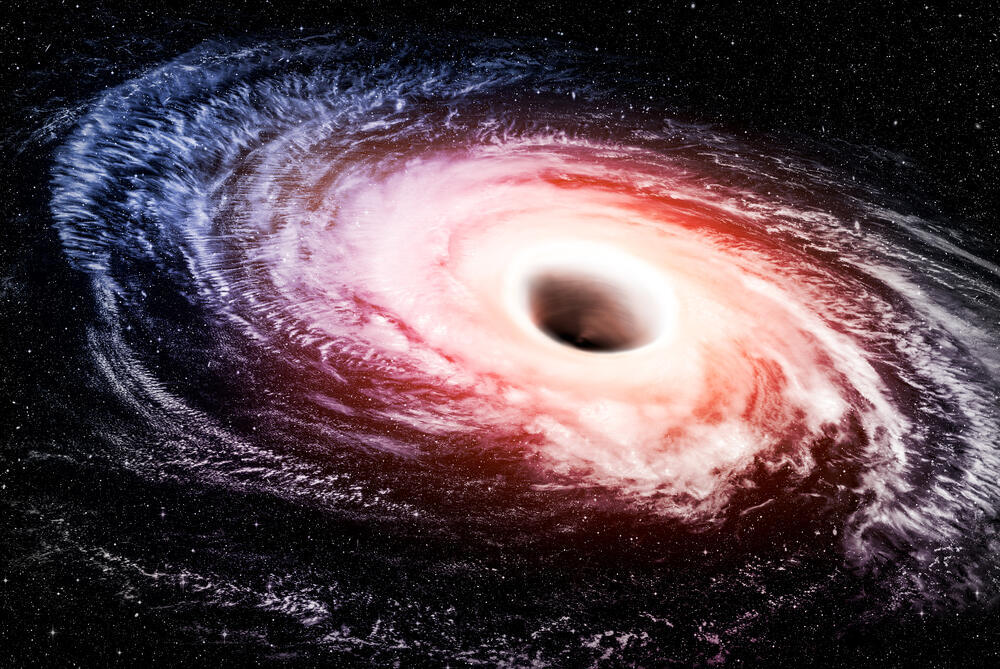Researchers propose countless subatomic wormholes continuously being destroyed and reborn could be a new candidate for dark energy. According to a study recently published by the journal Physical Review D, calculations suggest that ten billion wormholes per cubic centimeter per second could explain the observed rate of the universe's expansion.
It is widely accepted that the universe is constantly expanding, and dark energy has been used to explain this accelerating rate of expansion over time.
Wormholes, theoretical tunnels in spacetime, could potentially explain dark energy and its effect on the universe's expansion, as they may allow dark energy to flow from one region to another, creating the observed acceleration effect.
Tiny wormholes could be punching microscopic holes through the fabric of space-time, potentially driving the accelerating expansion of the universe.
Microscopic wormholes forming and disintegrating in the quantum foam of spacetime could play a key role in the universe's expansion, as their density could generate an effective cosmological constant, explaining dark energy and its effect on the accelerated expansion of the universe.
While acknowledging the technical and conceptual challenges faced by the wormhole hypothesis, it is noted that it pushes the boundaries of cosmology and inspires new research directions in understanding the fundamental nature of the universe and quantum gravity.
This article was written in collaboration with Generative AI news company Alchemiq
Sources: Futurism, LiveScience, Trust My Science.


